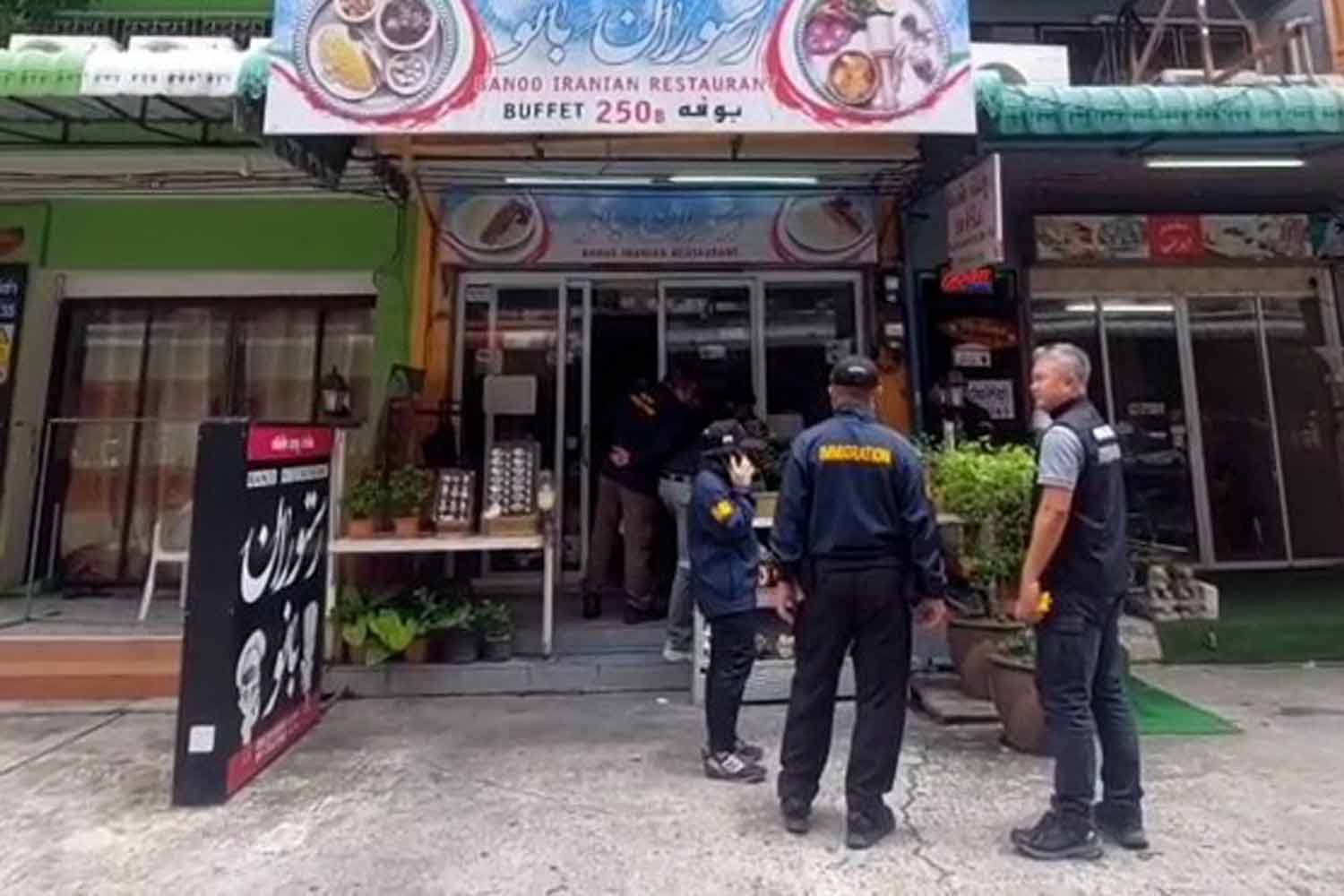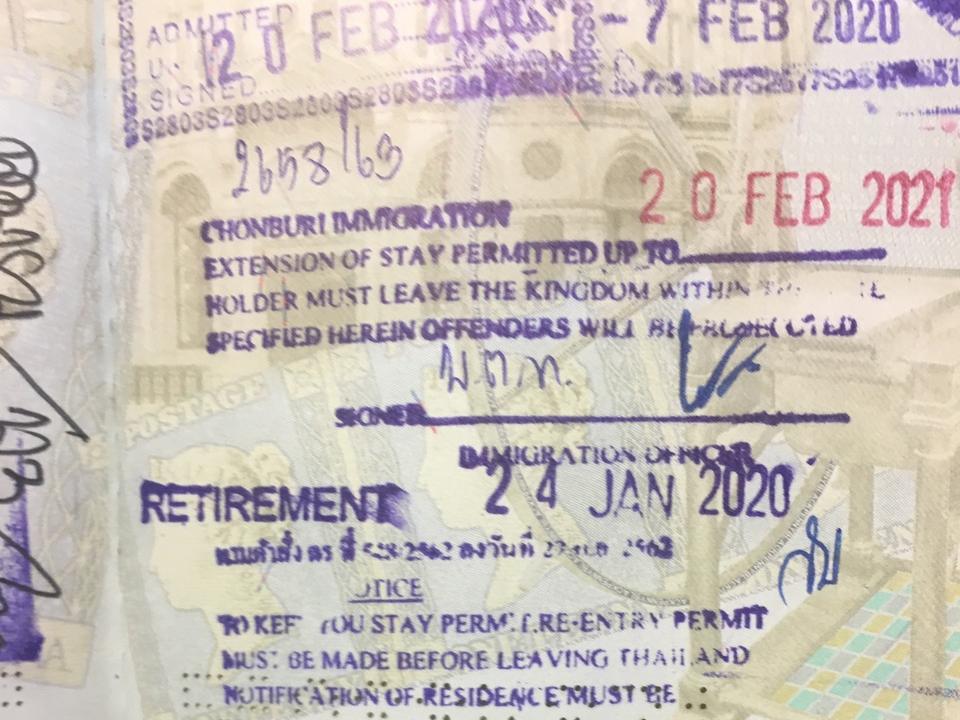Longstay expats with expensive visas say the new 60 days visa-exempt policy and the 180 days Destination Thailand Visa have made the Elite visa and the annual extensions of stay for retirement and marriage worthless. Geoffrey Fisher, a Brit who recently paid 900,000 baht (about 20,000 UK pounds) for the five year Elite visa said he had wasted his money as more or less anyone can now stay in Thailand almost indefinitely for a paltry sum.
The disenchanted argue that the 60 days visa-exempt can evidently be extended at local immigration for 30 days more followed by a border run to start the whole process again. Some immigration officers at Bangkok’s Suvarnabhumi airport have allegedly told new arrivals they can now do as many border runs as they like. Separately, the five years and multi-entry Destination Thailand Visa (DTV) offers 180 days on entry for 10,000 baht (around 200 UK pounds) plus the chance to extend for a further 180 days. The process can then be repeated by briefly leaving the country.
American expat Dan Silverman, who holds a yearly extension based on retirement, said, “It’s just ridiculous. I have to keep 800,000 baht in a Thai bank, obtain medical insurance, face ever-changing regulations and regularly report my Thai address throughout the year, or be fined.” He added, “And for what, when you can come and go as you please with the new visas?” Views such as this are currently being voiced widely on social media as expats digest the latest visa announcement.
Of course, the critics may be over-reacting. Information officially published so far does not specify the number of times the visa-exempt discretion may be used. The DTV requires a cash bond or other proof of 500,000 baht. It is principally aimed at digital nomads and freelancers working for foreign companies (not Thai based) and applicants are expected to show to embassies contracts of employment or portfolios of work undertaken.
Yet the foreign affairs ministry also accepts DTV applications from participants in Thai “soft power” activities such as Thai cooking classes, Muay Thai training, medical treatment, music festivals or seminars. Although applicants have to show some relevant documentation on application, there is wide concern about the ambiguities. One expat with a one year marriage extension said, “Would an appointment letter from a hospital for extracting your teeth enable you to get 180 days plus an extension of 180 days? Does a foreigner learning Thai cuisine need five years to learn how to cook?”
Immigration consultants say that the basic problem is that the foreign affairs ministry controls visas from embassies, but the immigration bureau under the interior ministry is responsible for extensions and what happens after arrival. Immigration lawyer Jessataporn Bunnag said, “The DTV throws a great deal of responsibility on embassies to check out initial applicants and on the immigration bureau to monitor extensions and repeats.” He expected some clarification once the impact of the changes had been analyzed.
Meanwhile, the Bangkok Post suggests that questions may be emailed to [email protected] Next week that newspaper will interview Narunchai Niddad, deputy director of consular affairs at the foreign affairs ministry. One is bound to wonder how many of the beneficiaries of the new visas will understand that, once they are in Thailand for six months or more in a calendar year, they become tax residents of Thailand and subject to the income tax policy of the Thai Revenue Department. Whatever that is.


























